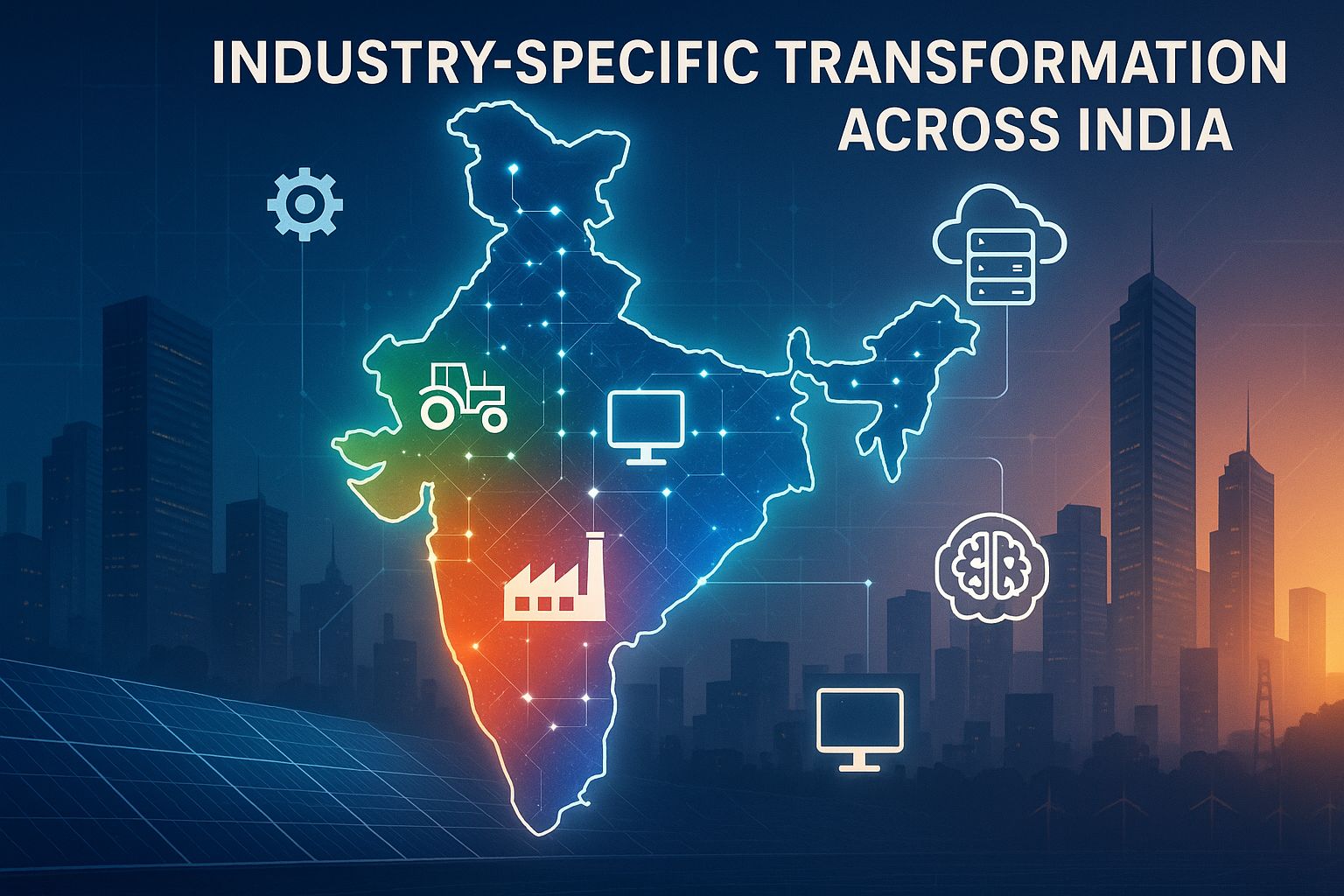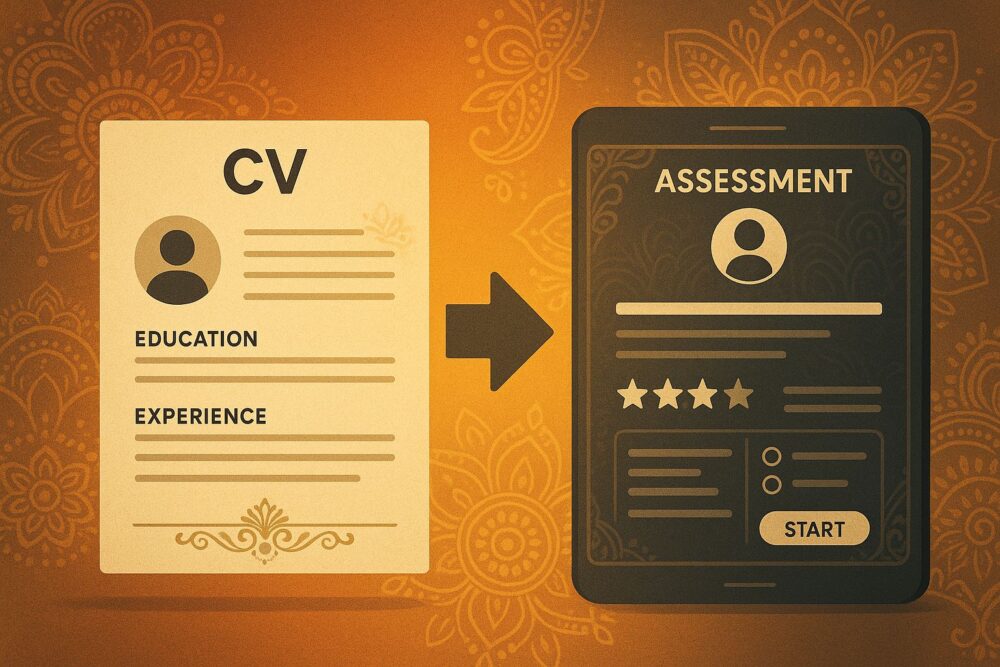The job search revolution powered by artificial intelligence is transforming career opportunities for Indian professionals seeking global positions. This job search revolution creates unprecedented possibilities for talented individuals to connect with international employers while simultaneously presenting new challenges that require strategic adaptation and innovative approaches to career development.
For Indian professionals aspiring to international careers, understanding this job search revolution becomes crucial for success in competitive global markets. The job search revolution affects how multinational companies discover talent, evaluate candidates from different cultural backgrounds, and make hiring decisions across geographical boundaries and time zones.
The Global Impact of the Job Search Revolution
The current job search revolution represents the democratisation of international career opportunities for Indian professionals. AI-powered recruitment platforms now connect Indian talent with employers worldwide, breaking down traditional geographical barriers and expanding access to premium career opportunities across multiple continents and industries.
This job search revolution enables Indian professionals to compete directly with global talent pools while leveraging unique advantages such as technical expertise, multilingual capabilities, and cultural adaptability. Companies seeking diverse, skilled professionals increasingly rely on AI systems that can identify and evaluate Indian candidates based on merit rather than location or traditional networking channels.
The scope of this job search revolution extends beyond traditional IT outsourcing relationships to encompass leadership roles, specialised consulting positions, and innovative startup opportunities where Indian professionals bring distinctive value to international organisations seeking global talent and cultural intelligence.
Optimizing for International AI Recruitment Systems
The job search revolution requires Indian professionals to understand how AI systems evaluate international candidates differently than domestic applicants. These systems analyse cultural adaptability indicators, language proficiency markers, and international experience signals that determine suitability for overseas positions and cross-cultural work environments.
Successful navigation of this job search revolution involves optimising professional profiles for AI systems that prioritise specific competencies valued by international employers. This includes highlighting educational credentials from recognised institutions, emphasising English communication skills, and demonstrating familiarity with global business practices and international regulatory environments.
The job search revolution also demands strategic positioning of Indian work experience in contexts that international AI systems recognise as valuable. This means translating local project experience into global business impact, quantifying achievements using international metrics, and presenting career progression in frameworks familiar to overseas employers.
Leveraging Cultural Intelligence in AI-Driven Hiring
The job search revolution creates opportunities for Indian professionals to showcase cultural intelligence as a competitive advantage in AI-evaluated applications. Sophisticated recruitment algorithms now recognise cultural adaptability, cross-cultural communication skills, and global perspective as valuable attributes for multinational organisations.
This aspect of the job search revolution rewards Indian professionals who can demonstrate successful collaboration across cultural boundaries, effective communication with diverse international teams, and understanding of different business cultures and market dynamics. AI systems identify these competencies through language analysis, experience evaluation, and professional network assessment. Job search traps.
The job search also values Indian professionals’ ability to bridge Eastern and Western business practices, understand emerging market dynamics, and contribute to global teams with unique perspectives and problem-solving approaches that complement international organisational capabilities.
Digital Portfolio Development for Global Markets
The job search revolution elevates the importance of comprehensive digital professional portfolios that showcase Indian professionals’ capabilities to international employers. AI recruitment systems analyse online presence, professional achievements, and digital engagement patterns to assess candidate credibility and international readiness.
Modern Indian professionals navigating this job search must create compelling digital narratives that demonstrate technical expertise, professional growth, and cultural sophistication. This includes LinkedIn optimisation for international visibility, GitHub portfolios showcasing coding excellence, and professional websites highlighting project achievements and client testimonials. Start here to find toptier.
The job search rewards Indian professionals who build authentic online professional brands that reflect both technical competence and cultural intelligence, enabling AI systems to recognise their potential value for international assignments and global career opportunities.
Skills Premium in the AI-Enhanced Job Market
The job search revolution creates significant wage premiums for Indian professionals who combine technical expertise with AI literacy and international business acumen. Global employers increasingly value candidates who understand both traditional business processes and emerging AI-enhanced workflows that drive organisational efficiency and innovation.
Successful adaptation to this job search involves developing competencies in AI collaboration, data analysis, and digital transformation initiatives that international companies prioritise. Indian professionals who master these skills position themselves for premium international opportunities and accelerated career advancement. To find toptier talent.
The job search also rewards continuous learning mindsets, with AI systems recognising ongoing skill development, certification achievements, and adaptation to emerging technologies that demonstrate professional growth and commitment to excellence.
Building International Networks Through AI Platforms
The job search revolution enables Indian professionals to build meaningful international professional networks through AI-powered platforms that facilitate cross-cultural professional relationships and career development opportunities. These systems connect professionals based on shared interests, complementary skills, and mutual professional goals.
Strategic networking within this job search involves engaging authentically with international professionals, contributing valuable insights to global conversations, and building a reputation within international professional communities that AI systems recognise and value.
Future Opportunities in the Global Job Search Revolution
The job search revolution continues, creating new pathways for Indian professionals to access international career opportunities, leadership positions, and entrepreneurial ventures that leverage India’s growing reputation for innovation, technical excellence, and business acumen.
Understanding and embracing this job search positions Indian professionals for sustained international career success, enabling them to contribute meaningfully to global organisations while building bridges between Indian talent and international opportunities that benefit both professional growth and cross-cultural business relationships.
The job search revolution ultimately empowers Indian professionals who combine technological fluency with cultural intelligence, creating sustainable competitive advantages in increasingly sophisticated global talent markets where authentic expertise and international perspective drive career success.



 Different sectors throughout India are implementing assessment strategies tailored to their unique requirements and market dynamics.
Different sectors throughout India are implementing assessment strategies tailored to their unique requirements and market dynamics.